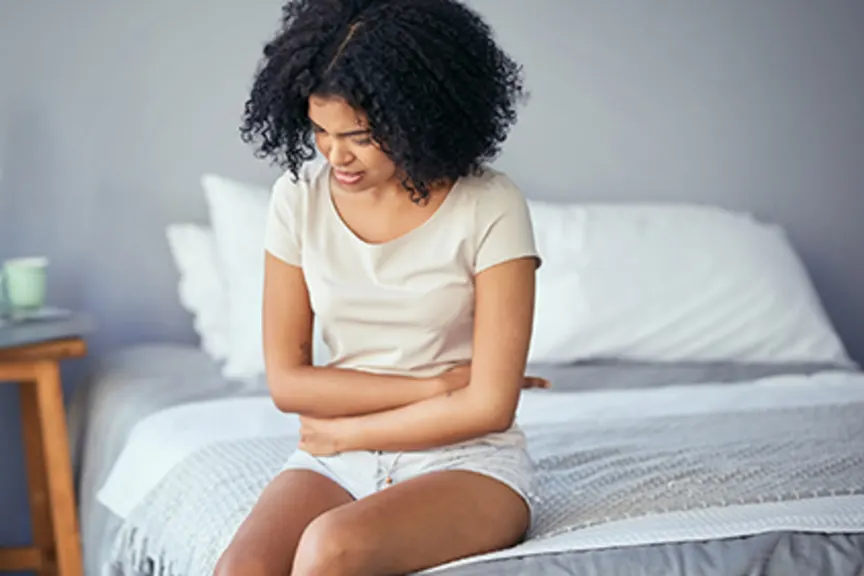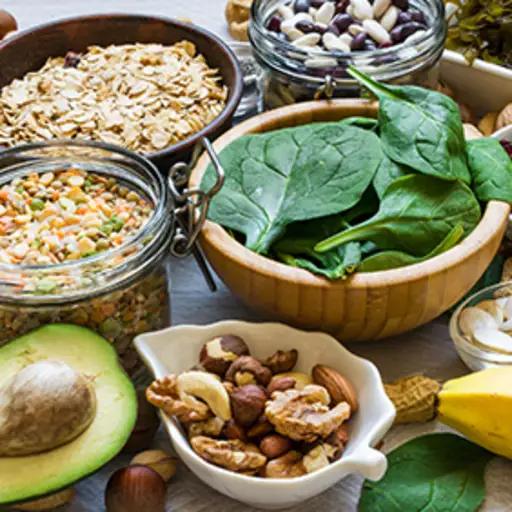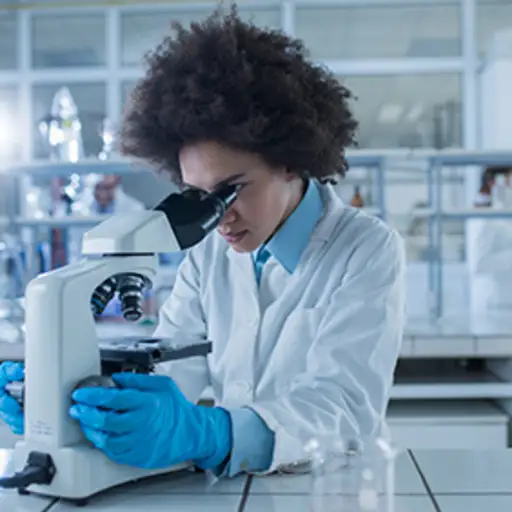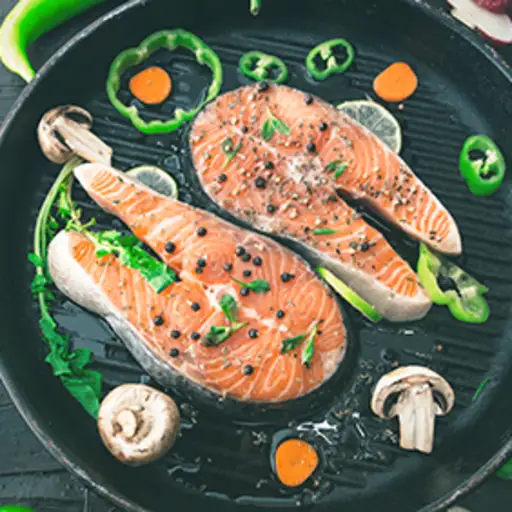How To Get Rid Of Hormonal Headaches
9 Tips to Prevent Menstrual Migraines

iStock
One of the chief triggers of migraine is menses and the hormonal roller coaster that comes with it as the body prepares for another cycle of fertility. When our body has trouble regulating its neuro-hormonal systems, everything is strained, and the symptoms we experience like cravings, moods swings, heavy bleeding, and cramping are the end results of those systems having trouble. Here are nine tips that help restore balance to menses and make them less jarring on our bodies' physiology.

iStock
Magnesium
One study published in Headache using magnesium for menstrual migraines found that it was more effective than placebo, reduced migraine days and menstrual symptoms. The study even states that there is a "possibility that a lower migraine threshold could be related to magnesium deficiency." Because it is known as the relaxation mineral it is important to consider if you experience lots of cramping. Magnesium can be found through food in nuts, seeds, avocados, fatty fish, dark chocolate, leafy greens, and bananas.

iStock
Blood sugar regulation
Blood sugar regulation is the first place to go for hormonal health. As women come to the end of their cycles, hormones estrogen and progesterone drop to their lowest. In normal and healthy individuals, progesterone is always there to balance the estrogen. But constant blood sugar fluctuations signals scarcity in the body. Women lose the delicate regulating factors in their menses. It's best to avoid any stimulants and balance meals with proteins and fats, staying away from simple carbohydrate sources.

iStock
Get tested
Testing allows us to know how to change our diet and lifestyle properly, including knowing which supplements to take. Many test kits can be sent to your home — you simply send your samples back to the lab. However, a naturopath or functional medicine practitioner will be the best place to go to get one-on-one help in this area. With proper testing, he or she can clearly tell you why your menses make your migraines so painful and provide a clear idea of what is going on through the cycle.

iStock
Keep your glutamate levels low
Glutamate has been implicated as one of the main migraine triggers since the 1970s. Our brain has glutamate scavengers that help clear of any excesses of glutamate. One study published in Biology of Reproduction found that estrogen and progesterone are neuroprotective and serve as glutamate scavengers. When these hormones drop dramatically close to the last and first days of the menstrual cycle, glutamate can build up in neurons, causing damage. Avoid any large sources of glutamate or synthetic forms found in eggs, milk, wheat, and soy products.

iStock
Foods for estrogen support
Women should support their estrogen levels by eating specific foods that help create and regulate it. Some of the best foods for estrogen support are seeds like flax and sesame, fibrous fruits and vegetables, ginseng, carrots, and sauerkraut. Equally important is avoiding synthetic sources of estrogen including products we put on our skin, household cleaning products, packaging of our foods, or certain cooking tools.

iStock
Fats for progesterone support
Progesterone is a key hormone that both men and women need which has a large regulation role. It keeps estrogen and testosterone in balance. Some of the best foods to support progesterone are fatty fish such as salmon, sardines and mackerel, cruciferous vegetables and sulfur containing foods like the onion family and mushrooms, shellfish, oysters and other mollusks, high vitamin C foods like camu camu, sweet potato, strawberries, kiwi, papaya, pumpkin and orange, and super foods like liver.

iStock
Supplement for hormone health
If you already have your foundational basics covered like eating, drinking, moving, thinking, breathing, sunlight, sleeping, and play, then it may be time for supplements. The first place to go is providing the building blocks to our hormones and their balancing systems like B vitamins and especially methylated ones for migraines sufferers, zinc, selenium, vitamin E, magnesium, and vitamin C. You may want to work with a holistic healthcare professional to identify which supplements you most need.

iStock
Avoiding food triggers
Hormones are one of the three functional medicine stools of health. The other two are gut health and immune health. These three are tied together and it can be incredibly hard to fix gut, hormone or immune issues without dealing with food triggers. Inflammation from foods attack all of your systems, especially your hormones and brain. Luckily there are many incredibly common foods that aggravate migraines which are listed and talked about in my article 29 Trigger Foods for Migraines.

iStock
Protect your sleep, stress and hydration
There is always a stress factor at play when we see migraines and menses interacting. Lower the total perceived and experienced stress your body is experiencing by going through different areas of stress in your life and cutting your load. Get adequate rest so your body has time to repair. Hydration to ensure all the necessary minerals are absorbed into your tissues. With stress reduction, sleep, and hydration your body will begin to regulate itself and heal.

Meet Our Writer
Mark Canadic
Mark Canadic is a migraine community leader, writer, speaker, and holistic health practitioner/advocate for chronic conditions. He is the founder of Migraine Professional and creator of the 10 Steps to Migraine Health Program, a truly holistic healing program. Find him on Facebook and Instagram @migraineprofessional, and through his work coaching migraine patients.
How To Get Rid Of Hormonal Headaches
Source: https://www.healthcentral.com/slideshow/tips-to-prevent-menstrual-migraines
Posted by: russfrompont.blogspot.com

0 Response to "How To Get Rid Of Hormonal Headaches"
Post a Comment